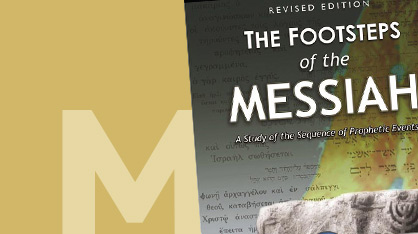Arnold Answers
Related Questions
Is the term “Jews” a generic title for only the tribes of Judah and Benjamin?
[Here is the full text of the QUESTION from the reader:]
Is the term “Jews” a generic title for only the two tribes, Judah and Benjamin? Are the other 10 tribes still the “lost sheep” of the house of Israel?
Here is Arnold’s ANSWER:
The concept of the ten lost tribes of Israel is actually a myth, and they were never lost. This is quite clear historically. When the northern kingdom went into Assyrian captivity, they were settled in specific cities in Assyria. When Babylon conquered the Assyrian empire, all ten tribes fell under the Babylonian sovereignty. Babylon also conquered Judah, thus subduing the remaining two tribes. So all twelve tribes were under the same sovereign authority of Babylonia.
When the Medo-Persian empire conquered Babylonia, all twelve tribes fell under Medo-Persian authority. The Persians allowed the Jews to return to their home country, and most members of all twelve tribes did indeed return to the Land. However, other members of all twelve tribes stayed where they were.
Luke 2 refers to Anna as being “of the tribe of Asher,” one of the so called “ten lost tribes.” Quite obviously, Anna was not lost. James addressed his epistle “to the twelve tribes of the Dispersion.” He did not need to look for the “lost tribes” in order to deliver the letter to them.
By later New Testament times, personal identification by once distinguishable tribal names became less prominent. Thus, Paul called himself a Hebrew, and he also called himself an Israelite. In Philippians 3:5, he identified himself as a Benjaminite, but he also called himself a Jew, which became a generic term for the members of all the tribes of Israel. So, all those who call themselves Jews today can come from any of the twelve tribes of Israel and not just two.
back






